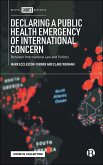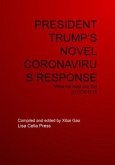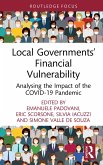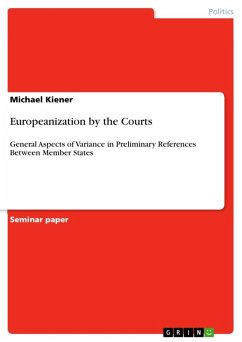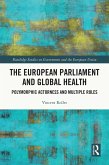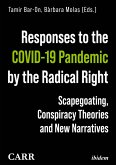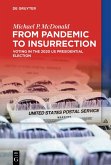We have always known: We are what we know. The conscious being. And what do we know in general? Only what we are told! Through whatever media. If a narrative is coherent, if it does not make us uncomfortable, if it does not contradict our experience and our already stored knowledge, we classify it and thus know something more. I could not classify the public "Corona narratives". But I could not put them away either. In April 2020, I had to realise that I could not understand and I would not understand the "Corona Narratives" without a thorough effort of the repeated readings of the published "Corona narratives", of thinking, of contemplating. The result is the present book. The starting point is the undisputed facts in daily media reports. Classifying the facts was arduous. This arduous journey is documented in this book. Logically, this "travelogue" is not interrupted by individual sections. This book has no "table of contents", no "preface", no "prologue", no "epilogue". I have conscientiously researched the connections and contexts. If you can't prove after reading that I made a mistake, then my conscientiousness was worth it. Every single proven research error will broaden my horizon of thought. Some related facts I have necessarily had to refer to repeatedly in different contexts. They are not repetitions.
Dieser Download kann aus rechtlichen Gründen nur mit Rechnungsadresse in A, B, BG, CY, CZ, D, DK, EW, E, FIN, F, GR, H, IRL, I, LT, L, LR, M, NL, PL, P, R, S, SLO, SK ausgeliefert werden.



